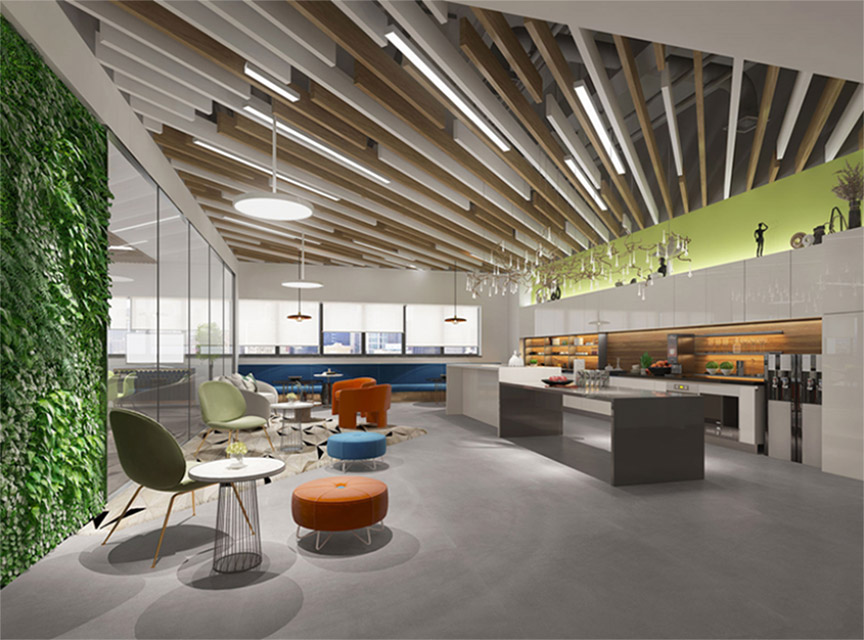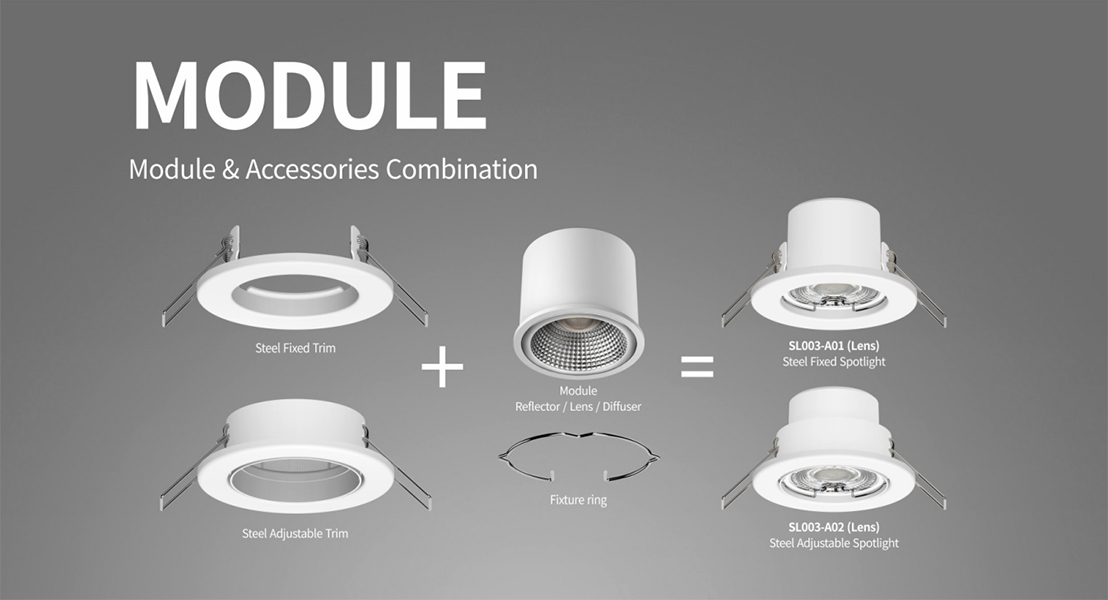Currently, lighting accounts for approximately 15% of global electricity consumption and 4.6% of greenhouse gas emissions. The performance and light quality of light-emitting diodes (LEDs) have reached a level where they can replace most traditional light sources. Although the energy and environmental benefits of LED technology have been proven, developing more sustainable luminaires remains a crucial step in reducing emissions and improving energy efficiency. Environmental and social factors are vital in assessing the overall sustainability performance of products and services. However, sustainability issues are often considered more from an environmental perspective, with social aspects receiving insufficient attention. As a company that values social responsibility, ADAYO aims to highlight our commitment to sustainable development from a social perspective.

Challenges Facing the Lighting Industry: The lighting industry faces significant challenges in designing more sustainable products. While the development of LED technology has greatly improved energy efficiency, achieving truly sustainable design requires more effort. This includes not only reducing energy consumption but also decreasing the use of critical materials in electronic components. Through new modular and configurable designs, it is possible to replace disposable, generic LED luminaires with customized, sustainable, and high-functionality products.
Global Legislation and Ecodesign: Legislation addressing the environmental impact of electrical and electronic equipment has been enacted globally. In just over a decade, the EU lighting industry has undergone significant changes due to the Ecodesign Directive and its implementing measures. The Commission Regulation (EC) No 244/2009 focused on non-directional household lamps, setting energy efficiency and functional requirements. Since then, the replacement of incandescent lamps with LED lamps has been encouraged due to their compliance with energy efficiency requirements.
Currently, the EU lighting industry is facing another change with the new Commission Regulation (EU) 2019/2020, which involves ecodesign requirements for light sources, seen as a key tool in achieving the EU's circular economy strategy. Circular economy requirements are included in the ecodesign rules for light sources as a complementary sustainability strategy. This regulation introduces performance requirements and mandatory disassembly of light sources and control devices in products, unless written technical justification indicates otherwise, bringing significant changes for lighting product manufacturers and end-users.
The Combination of Circular Economy and Modular Design: The circular economy approach has the potential to bring multiple benefits to the lighting industry, the environment, consumers, and the economy. Improving the material efficiency and applicability of lighting products is believed to save more energy, reduce waste, achieve recycling targets, extend product lifespans, enhance luminaire performance through upgrades, and create job opportunities and business models. According to guidelines developed by LightingEurope (2019) in close collaboration with regulatory bodies, all these aspects of the circular economy have the potential to be realized.

Modular Design in the Circular Economy: Modular design plays a crucial role in the circular economy. The core concept of modular design is to decompose products into several independent, replaceable modules that can be individually maintained, upgraded, or replaced, thereby extending the overall lifespan of the product. For LED luminaires, modular design offers several advantages:
- Extending Product Lifespan: With modular design, different parts of LED luminaires can be independently replaced, such as light source modules, power modules, and control modules. If a module is damaged or its performance declines, only that module needs to be replaced, rather than the entire luminaire. This not only saves resources but also reduces waste generation.
- Enhancing Maintenance and Upgrade Convenience: Modular design makes maintenance and upgrades much simpler. Users can replace different functional modules according to their needs, such as replacing more efficient light source modules or upgrading control modules for smart control. This flexibility not only improves the user experience but also extends the product's lifespan.
- Promoting Recycling and Reuse: Modular design facilitates the disassembly of luminaires, benefiting recycling and reuse at the product's end of life. Different materials and components can be separated and recycled, reducing waste's environmental impact. Additionally, recycling old modules can decrease the demand for new raw materials, conserving resources.
- Driving New Business Models: Modular design brings new business opportunities to the lighting industry. For example, luminaire manufacturers can offer modular upgrade services, allowing users to purchase and replace different modules as needed. This service not only increases the company's revenue streams but also promotes the circular economy.
Social Responsibility and Sustainable Development: While achieving environmental goals, ADAYO also emphasizes social responsibility. By promoting modular design, we not only reduce resource waste but also enhance the maintainability and upgradability of products, extending their lifespan and reducing waste generation. These efforts contribute to environmental protection, create new job opportunities, and drive sustainable economic development.
In conclusion, modular LED luminaire design has significant potential in promoting sustainable development. Through reasonable design and management, we can reduce energy consumption and resource waste while driving social and economic co-development. ADAYO will continue to commit to innovation and responsibility, collectively moving towards a more sustainable future.

























